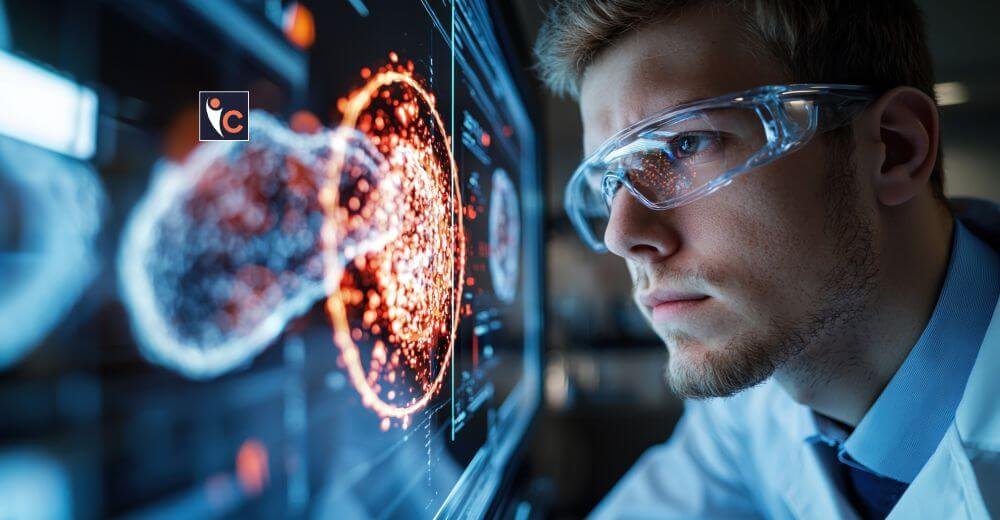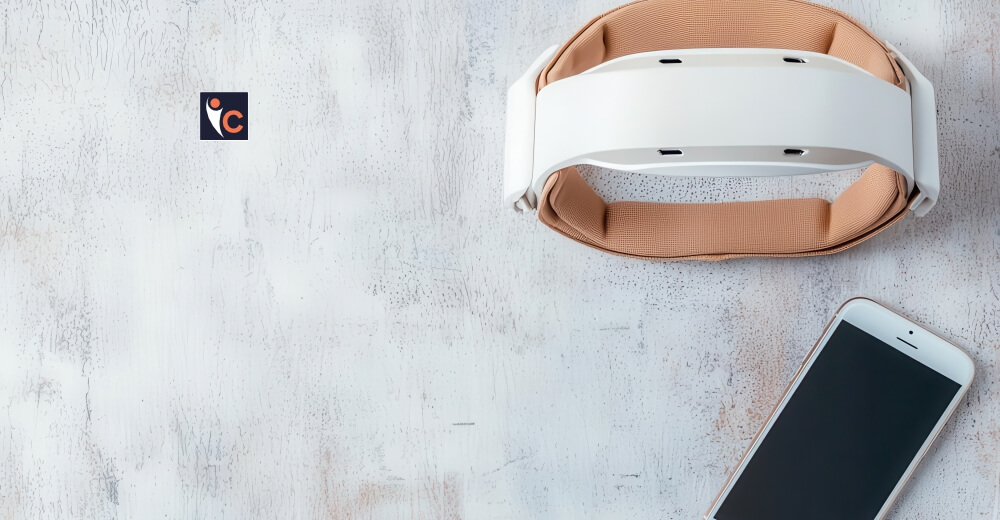Predictive Insights
In the ever-evolving healthcare landscape, technology plays a pivotal role in reshaping the industry and revolutionizing patient care. As we peer into the future, the convergence of cutting-edge technologies is poised to transform healthcare in unprecedented ways.
This article explores the top five technologies that are predicted to have a profound impact on the future of the healthcare industry, providing predictive insights into the advancements that will shape how we approach and experience healthcare.
Artificial Intelligence (AI) and Machine Learning (ML)
Artificial Intelligence (AI) and Machine Learning (ML) drive transformative change in healthcare. AI, simulating human intelligence, analyzes extensive datasets, interprets intricate medical images, and predicts patient outcomes. Complementing this, ML enables systems to learn from data, refining their performance over time. ML sifts through vast datasets in healthcare, identifying patterns that enhance predictive analytics. This duo streamlines administrative processes and augments clinical decision-making. AI and ML empower healthcare professionals with actionable insights from early disease detection to personalized treatment optimization. Their integration improves efficiency and enhances the precision and personalization of patient care, marking a paradigm shift towards data-driven and anticipatory healthcare solutions.
Telehealth and Remote Patient Monitoring
Telehealth and Remote Patient Monitoring are pivotal in revolutionizing healthcare accessibility. Telehealth leverages advanced communication technologies, enabling patients to receive medical consultations remotely. This not only addresses geographical barriers but also offers a convenient means for patients to connect with healthcare professionals from the comfort of their homes. Remote Patient Monitoring takes this a step further, providing real-time health data from wearable devices and sensors. Predictively, these technologies empower proactive management of chronic conditions, allowing healthcare providers to intervene early and prevent complications. As we embrace these solutions, the healthcare landscape is evolving towards a more patient-centric model, fostering timely interventions and reducing the burden on traditional healthcare infrastructures.
Internet of Things (IoT) in Healthcare
The Internet of Things (IoT) is reshaping healthcare by connecting devices and facilitating real-time data exchange. Wearable devices, smart sensors, and connected medical equipment generate a continuous stream of health-related data, offering valuable insights into patient behavior and health trends. This wealth of information enables predictive analytics, enhancing preventive care and actively involving individuals in their well-being through personalized, data-driven interventions. As IoT seamlessly integrates into the healthcare ecosystem, it marks a shift towards a more engaged and proactive approach to healthcare, where technology fosters a continuous, real-time connection between patients and healthcare providers for improved, individualized health outcomes.
Blockchain for Data Security
Blockchain technology is emerging as a robust solution for enhancing data security in healthcare. By decentralizing and encrypting information, blockchain ensures a tamper-proof and transparent system for safeguarding patient data. This innovative approach not only strengthens data integrity but also establishes a trustworthy environment for patients, healthcare providers, and other stakeholders. Predictively, the application of blockchain is set to revolutionize health data management, providing a secure foundation for the exchange of sensitive medical information. In an era where data privacy is paramount, blockchain stands as a beacon, offering a resilient and transparent framework that safeguards the confidentiality and trustworthiness of healthcare data.
Genomics and Precision Medicine
Genomics and Precision Medicine herald a transformative era in healthcare, tailoring treatments to an individual’s genetic makeup. The decoding of the human genome enables predictive insights into disease susceptibility and personalized responses to specific treatments. Genomics, coupled with advanced analytics, enhances diagnostic accuracy and allows for targeted therapies, marking a paradigm shift towards more precise and effective healthcare. Predictively, as genomics becomes integral to medical practices, treatment decisions will increasingly align with an individual’s genetic profile, fostering a new standard of care that prioritizes personalized, efficient, and impactful interventions for improved patient outcomes.
Conclusion
The future of healthcare is undeniably intertwined with technological advancements that promise to make patient care more personalized, accessible, and efficient. From the predictive power of AI and ML to the transformative capabilities of telehealth and IoT, each technology discussed here brings a unique set of benefits that will collectively shape the future of the healthcare industry. As we anticipate these innovations, it’s crucial to recognize the ethical considerations and ensure that these technologies are harnessed responsibly to uphold patient privacy and trust.
In embracing these top five technologies, the healthcare industry is not just evolving; it’s entering an era where predictive insights and personalized interventions will redefine the standard of care. The future of healthcare is not a distant beacon; it’s a journey we are actively undertaking, armed with the predictive power of technology to guide us towards a healthier, more connected, and patient-centric future.










